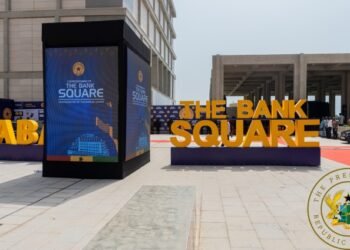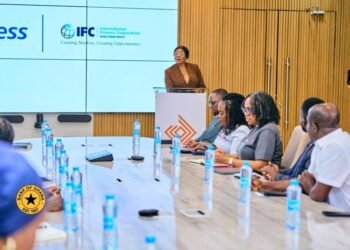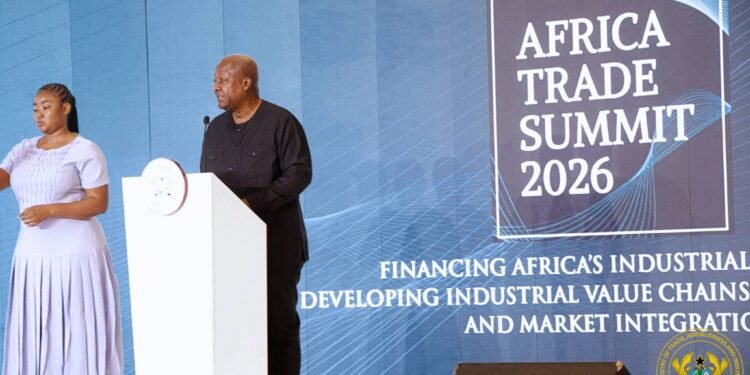The board of directors of the African Development Bank Group (AfDB) has approved a US$50 million Trade Finance Unfunded Risk Participation Agreement (RPA) facility between the African Development Bank and Standard Chartered Bank to boost intra-Africa trade.
Meanwhile, the agreement is expected to promote regional integration, and contribute to the reduction of the trade finance gap in Africa. The contract is in line with implementation aspirations of the African Continental Free Trade Area (AfCFTA).
According to the agreement, the parties will share the default risk on a portfolio of eligible trade transactions originated by African Issuing Banks and indemnified by Standard Chartered Bank.
Moreover, beneficiaries of this facility are issuing banks in Africa whose ability to grow their trade finance business have been constrained by inadequate trade confirmation lines from international banks. These banks, as well as small and medium enterprises (SMEs) and domestic firms rely on these issuing banks to fulfil their trade finance commitments.
Speaking soon after the Board’s approval, the Standard Chartered Bank Director for Financial Sector Development, Stefan Nalletamby, expressed his excitement over the facility. He noted that the facility will enhance trade on the continent.
“We are excited about finalizing this facility with Standard Chartered Bank as it offers us the flexibility to use our strong AAA-rated risk-bearing capacity to increase access to trade finance and boost intra/extra- African trade on the continent, in support of the AfCFTA.”
Stefan Nalletamby
In addition, the director estimated that the partnership will help expand all sectors in the economy within next few years.
“This partnership is expected to catalyse more than US$600 million in value of trade finance transactions across multi-sectors such as agriculture, manufacturing and energy over the next three years.”
Stefan Nalletamby
However, the AfDB-estimate pegged the trade finance gap in 2019 for the African continent at US$81 billion. Compared to Multinational Corporation and large Local Corporation, SMEs and other domestic firms have greater difficulty accessing trade finance.
The director general of the AfDB’s Southern Africa region, Leila Mokadem, added that the COVID-19 affected banks on the continent and so, needs exigent financing to function.
“The advent of COVID-19, coupled with stringent regulatory/capital requirements and Know Your Customer ( KYC) compliance enforcement, has seen many global banks reduce their correspondent banking relationships in Africa, while some are exiting the market altogether.
“There is therefore an urgent need for financing to reenergize Africa’s trade, which requires more participation of institutions like the African Development Bank.”
Leila Mokadem
However, the Risk Participation Agreement facility is aligned with the African Development Bank’s High 5 priority goals. The five priority goals include: Light up and power Africa, Feed Africa, Industrialize Africa, Integrate Africa and Improve the quality of life for the people of Africa.
It can be recalled that he Board of the African Development Bank Group approved a similar grant of US$2.5 million in August this year, to advance intra-regional harmonization of electricity regulations.
This initiative was intended to drive cross-border power trading in the regions of the Community Market for Eastern and Southern Africa (COMESA) and the Southern African Development Community (SADC).
READ ALSO: Menzegold Customers Urge Parliament to Investigate SEC























